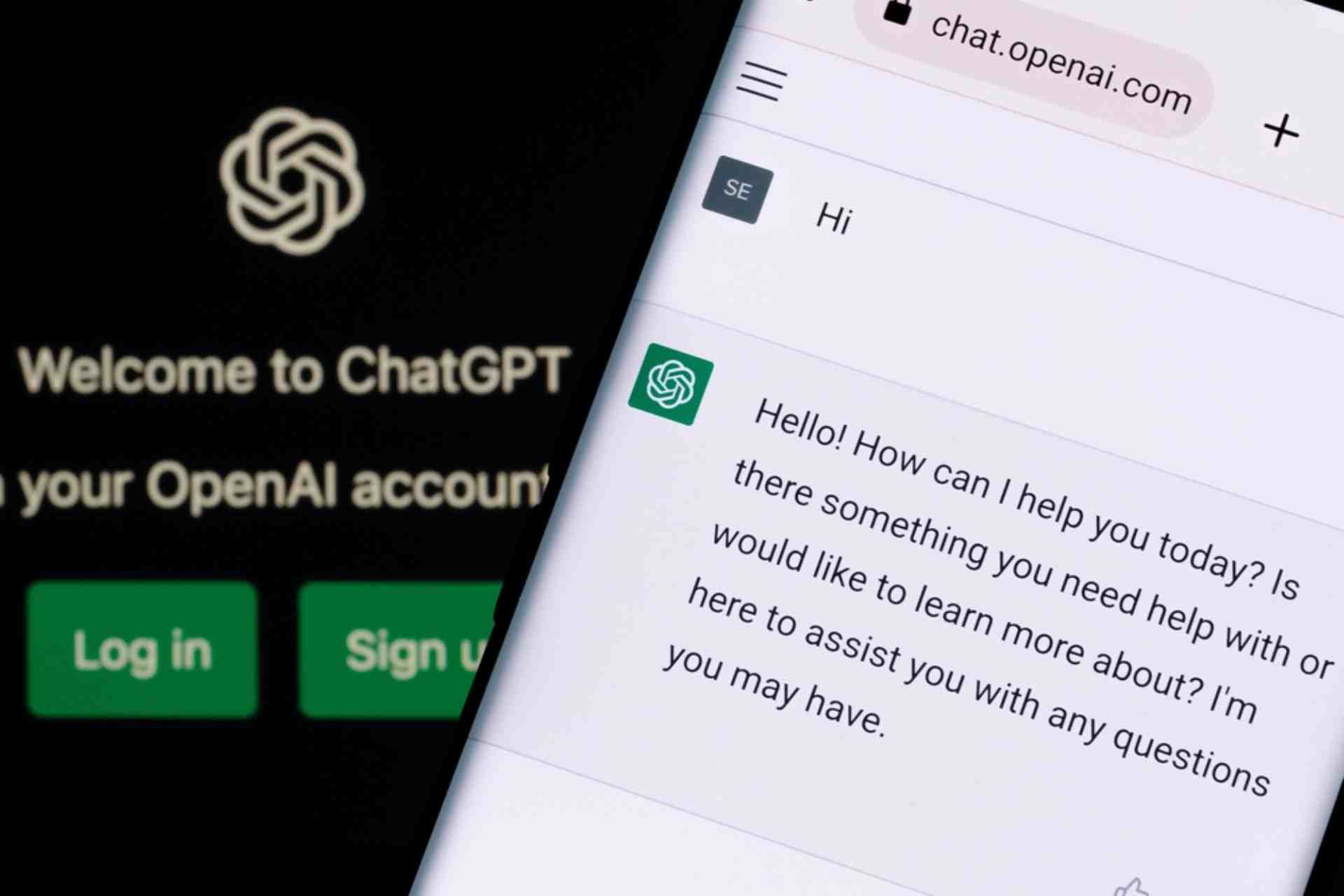OpenAI is reportedly preparing to release its own AI-powered web browser, a move that could shake up the global browser market dominated by Google Chrome, according to sources familiar with the matter cited by Reuters. The browser is expected to launch in the coming weeks and aims to fundamentally reshape how users interact with the internet through artificial intelligence.
The new browser will reportedly feature deep integration with ChatGPT, keeping many user interactions within a native chat interface rather than traditional website navigation. Sources say the browser is also designed to support OpenAI’s AI agents—such as its “Operator” assistant—enabling automated tasks like form filling or booking reservations directly on websites.
If widely adopted by ChatGPT’s estimated 400 million weekly users, the browser could pose a serious challenge to Google’s advertising business, which heavily relies on user data collected via Chrome. Chrome plays a critical role in Alphabet’s broader ad ecosystem, which accounts for nearly 75 percent of the company’s revenue.
OpenAI’s decision to develop its own browser—rather than build a plugin or extension—was reportedly driven by the desire for greater control over user data. The browser is built on Chromium, the open-source code base behind Chrome, Microsoft Edge, and other popular browsers.
The move comes amid intensifying competition in the AI-powered browsing space. Companies like The Browser Company, Brave, and Perplexity have also launched AI-integrated browsers in recent months. Perplexity’s “Comet” browser debuted just last week.
OpenAI’s reported strategy also follows broader ambitions to embed its services into daily consumer and enterprise workflows. In May, the company announced a $6.5 billion acquisition of io, a hardware startup led by former Apple design chief Jony Ive, signalling its expansion into the AI hardware space.
OpenAI reportedly declined to comment on the browser plans. However, its recent hiring of two former Google vice presidents who helped create Chrome, as well as prior interest in acquiring the browser if regulators forced a divestiture, further point to serious ambitions in this domain.
Despite Chrome’s overwhelming market dominance—with over 3 billion users and more than two-thirds global market share—OpenAI’s potential entry adds pressure on Google at a time when its browser’s role in online advertising is under increased regulatory scrutiny in the United States.
If successful, OpenAI’s browser could become a crucial platform for deploying its AI capabilities and expanding its influence in the broader digital ecosystem.










Discussion about this post